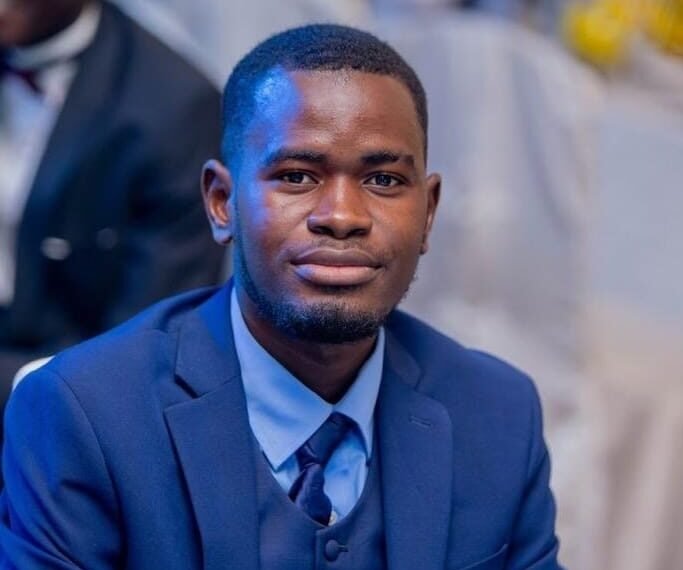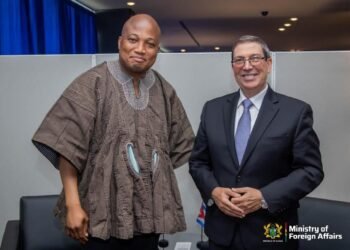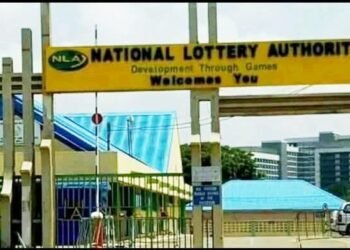Legal practitioner Timothy Donkor has described the lawsuit filed by Member of Parliament for South Dayi, Rockson-Nelson Dafeamekpor, against the Ghana Bar Association (GBA) as “strategically misconceived,” warning that it is politically risky, premature, and unlikely to achieve the desired results.
In his detailed analysis, Donkor outlined six key reasons why the legal challenge, which seeks to question the constitutional monopoly of the GBA, is flawed both in law and strategy.
According to him, the most effective pathway to reform lies in ongoing constitutional review processes rather than inviting the Supreme Court to interpret the Constitution in ways that could backfire.
“There is significant support from the current Constitutional Review Committee towards amending the constitution to cure the monopoly enjoyed by the GBA. There is thus reason to believe that their recommendations will reflect this”.
Timothy Donkor
He noted that with a parliamentary majority from a political party that has been critical of the GBA and strongly supportive of reform, “this will likely be a more straightforward route.”
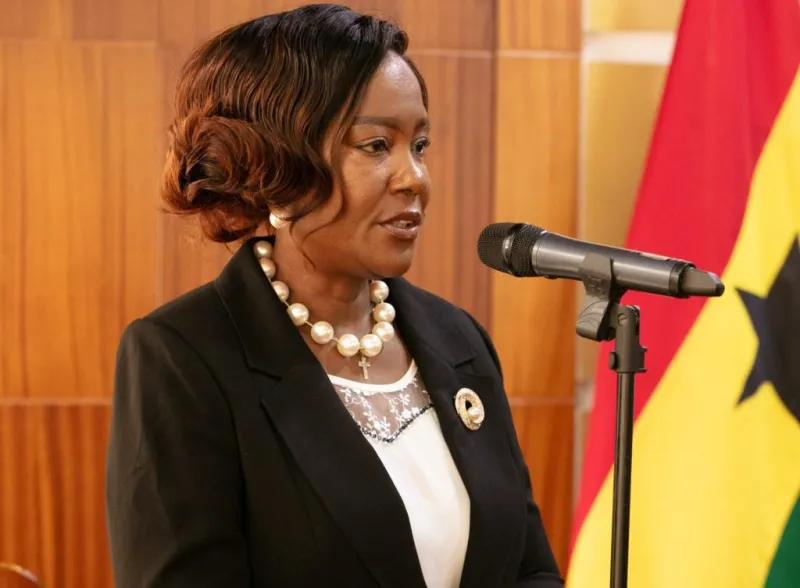
Donkor also expressed confidence that Ghanaians, if called upon in a referendum, would endorse a move away from the state’s monopolisation of associations through the exclusive statutory and constitutional recognition given to the GBA. In his view, public opinion on broadening the representational space for professional associations is strong enough to sustain such reform.
At the same time, he cautioned against the risks of placing the issue in the hands of the Supreme Court. He observed that the bench remains “heavily conservative of the cultures and history of the legal profession,” making it more likely to preserve the GBA’s entrenched role rather than expand constitutional interpretation in the way Dafeamekpor desires.
“GBA’s institutional significance in our history and notoriety cannot be understated. The framers thus intended to continue ensuring that GBA maintains a significant role in our political and legal life,” Donkor remarked, stressing that the court might well rely on these historical antecedents to justify rejecting the lawsuit.
Demands Implausible
A third flaw, according to Donkor, is that the interpretive demand of the suit is “unoriginal and textually implausible.” While he acknowledged that the call for expanding representation of lawyer associations is desirable and progressive, he argued that the courts are not the appropriate forum to make such a fundamental shift.
“For Dafeamekpor, who has been critical of judicial anarchy and arbitrarism, I am quite surprised he is willing to give this much power to the bench to adopt a non-original meaning of the Constitution”.
Timothy Donkor
He further warned that if the Supreme Court were to rule in favour of the GBA’s exclusive constitutional recognition, it could politically backfire against the National Democratic Congress (NDC), the party to which Dafeamekpor belongs.
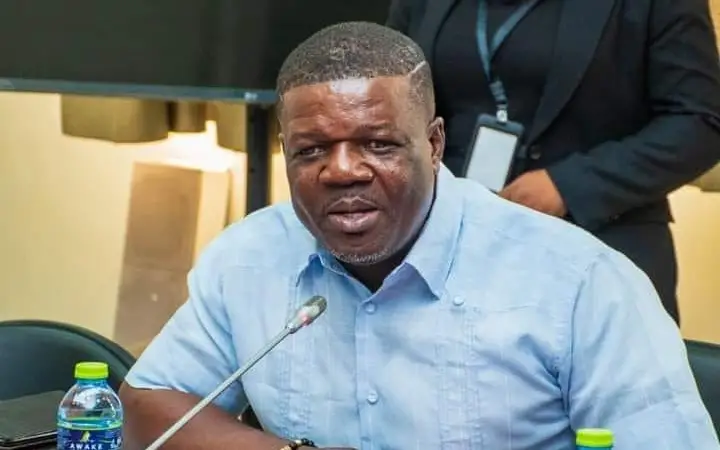
Such an outcome, he added, would complicate efforts to subsequently amend the Constitution through Parliament, as the issue would be judged heavily through a political lens.
Donkor also raised concerns about Article 107 of the Constitution, which bars Parliament from retroactively legislating to amend a court’s decision. This provision, he said, could be misapplied to obstruct efforts to amend the Constitution if the Supreme Court were to side with the GBA.
“That provision can easily be misapplied to prevent a possible amendment of the Constitution should the Supreme Court decide that the GBA meant the GBA as an existing institution”.
Timothy Donkor
Beyond the political and constitutional complications, Donkor pointed to a practical challenge. If the Constitution were reinterpreted to mean that the term “Ghana Bar Association” refers to all lawyer associations collectively, there would be no clear constitutional or legal rules on how these groups would select representatives to act on their behalf.
“Suppose the Ghana Bar Association, as used in the Constitution, means all lawyer associations, yet the Constitution offers no rules to guide how these associations are to elect representatives jointly.
” What rules will apply in deciding how these representatives are chosen? When and how would GBA and other associations choose these representatives to act on their joint behalf?”
Timothy Donkor
By contrast, he argued, a constitutional amendment would avoid this uncertainty, as Parliament would be able to provide clear rules to govern the process.
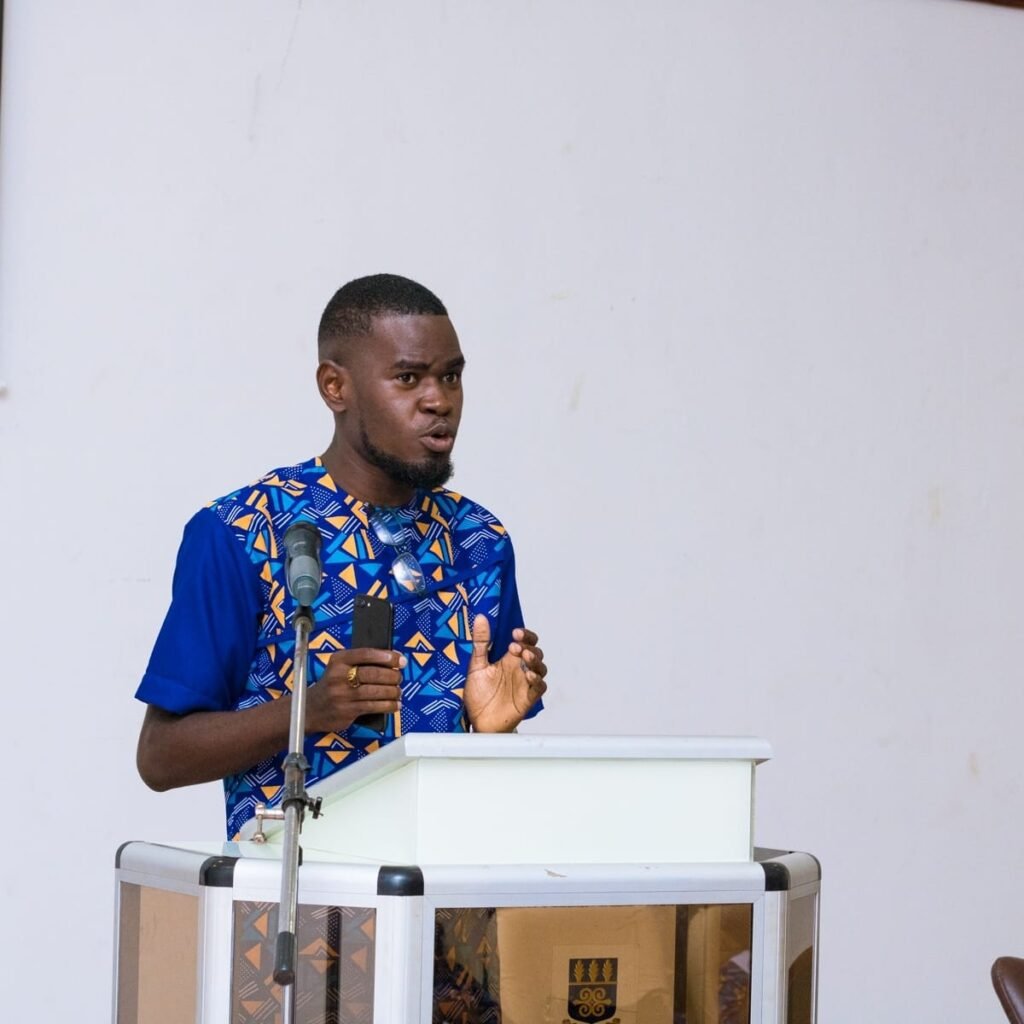
Concluding his analysis, Donkor urged Dafeamekpor to reconsider the path he has taken. “I would strongly advise the withdrawal of this lawsuit. It is premature. It is politically risky,” he stressed, reiterating that pursuing reform through the constitutional review and amendment process is not only more straightforward but also more likely to achieve durable and credible results.
Donkor’s intervention highlights the broader debate over the role of the Ghana Bar Association, which has long enjoyed exclusive recognition in the Constitution despite criticisms from some sections of the political class and civil society.
His argument underscores the tension between using litigation as a tool for reform and relying on political processes to bring about institutional change.
READ ALSO: ECG Terminates 202 Questionable Contracts, Renegotiates Hubtel Deal

